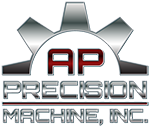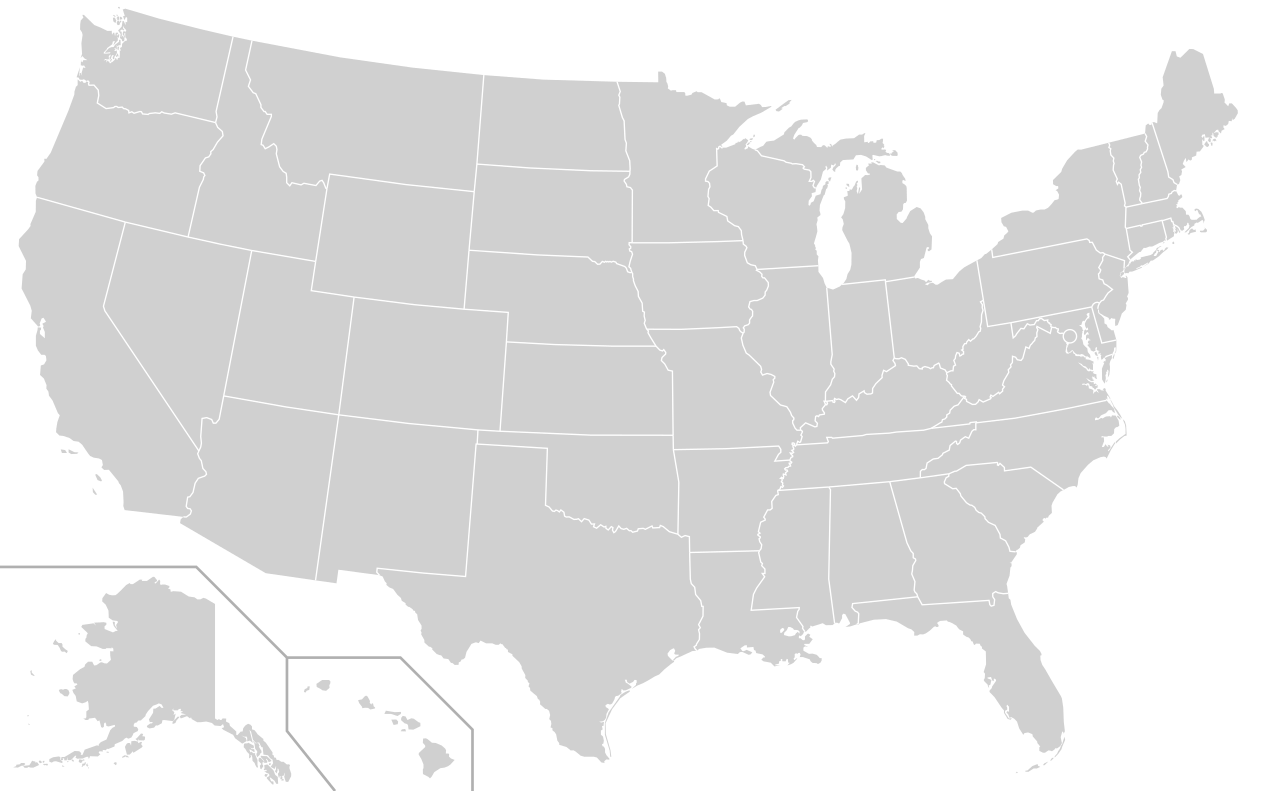Prototyping is a vital stage in any product development process. Before a concept becomes a finished product, engineers and buyers need a reliable way to transform designs into physical parts that can be tested and refined. Time, precision, and cost efficiency are crucial at this stage, as delays or inaccuracies can hinder innovation and increase overall project expenses.
Waterjet cutting has emerged as one of the most effective technologies for prototyping. By combining high precision with flexibility across materials, companies can move quickly from design to functional prototypes without sacrificing quality.
Why speed matters in prototyping
In industries such as aerospace, medical devices, and electronics, time to market can determine whether a product succeeds or falls behind competitors. Prototypes provide the first real opportunity to evaluate design feasibility, performance, and manufacturability. The faster a prototype is created, the sooner testing begins, and the quicker improvements can be made.
Waterjet cutting helps achieve this speed because the process requires minimal setup and can be programmed directly from technical drawings. Engineers do not need to wait for special tooling or long preparation stages, which accelerates the entire cycle.
Key advantages of waterjet cutting for prototypes
Rapid turnaround times
Unlike traditional machining methods, waterjet cutting can be set up quickly and adapted for different projects. Once the design is ready, the cutting process can start almost immediately. This makes it possible to deliver parts in days rather than weeks.
Flexibility with multiple materials
- Stainless steel, aluminum, and titanium
- Plastics, composites, and foams
- Glass and ceramics
- Stone and other specialty materials
This versatility reduces the need to switch processes, keeping prototyping efficient and consistent.
High precision for complex geometries
Prototypes are rarely simple shapes. They often require intricate designs, thin walls, or tight tolerances that mimic the final product. Waterjet cutting delivers this level of detail without introducing heat that could damage or alter the material’s properties. Edges are clean, smooth, and ready for testing.
Cost efficiency for small batches
Prototypes are typically produced in small quantities, sometimes as single parts. Waterjet cutting does not require expensive molds or tooling, which makes it far more affordable for limited runs. Additionally, its precision minimizes material waste, which is particularly valuable when working with costly metals or composites.
Flexibility with multiple materials
- Aerospace and defense: lightweight and durable parts for performance testing
- Medical devices: accurate and safe prototypes for compliance and validation
- Automotive: components for safety, durability, and design evaluation
- Consumer electronics: intricate parts that demand tight tolerances
In all these sectors, companies rely on waterjet cutting to shorten development cycles and ensure every prototype meets strict standards.
From prototype to production
One of the additional advantages of waterjet cutting is its scalability. The same process used to create prototypes can also support small production runs and, in many cases, full-scale manufacturing. This means that once a prototype is approved, companies can transition smoothly into production without changing technologies or suppliers.
Partnering with the right manufacturer
To fully leverage these benefits, choosing an experienced manufacturing partner is essential. AP Precision Machine has more than 20 years of expertise in providing custom waterjet cutting services for engineers, buyers, and companies across the United States.
Our team understands the importance of speed and accuracy in prototyping. We work directly with clients to deliver high-quality parts on time, every time, while offering competitive pricing and personalized service.
If you are looking for a reliable partner to support your product development cycle, contact AP Precision Machine today at (508) 384-5081 or visit ap-pmi.com to request a quote.


